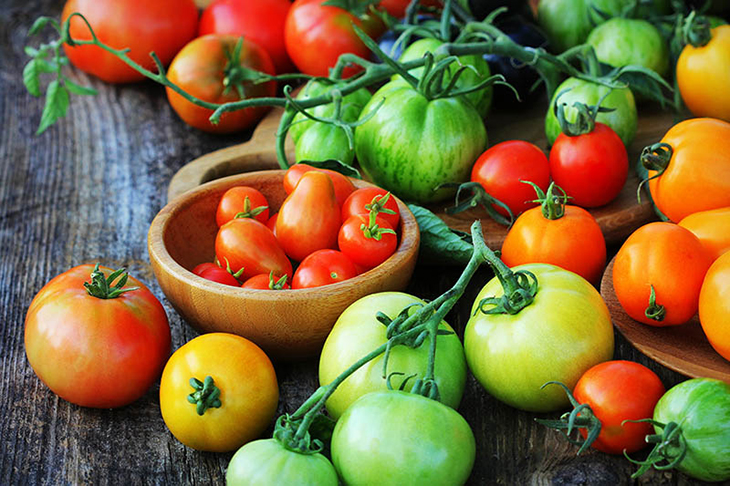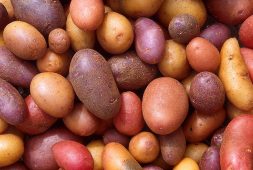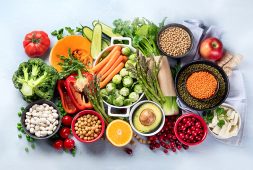10. Tomatoes

Oxalate is a chemical compound that is found in almost every plant, including fruit, vegetable, and grain plants. Oxalate is typically found in leaves or bark, where it binds with calcium to be removed when plants shed their leaves. According to “The Kidney Stones Handbook,” oxalate has no beneficial function in the human body and is almost entirely excreted as waste in urine and stool. The average daily diet contains about 120 mg of oxalate, but those who consume a lot of high-oxalate foods can get up to 1,000 mg. When you consume oxalate-containing foods, acids in your stomach release the compound from its source. Excess vitamin C and animal protein are also converted to oxalate by your liver. Later in the digestive process, oxalate forms a strong bond with calcium, resulting in a compound that is eventually excreted in the stool. This binding process prevents oxalates and the calcium with which they bind from being absorbed. The average healthy body absorbs 10 to 15% of unbound dietary oxalate, which is then excreted through urine.
Tomatoes, along with eggplant, potatoes, and bell peppers, are members of the nightshade plant family. While the other nightshade plants have a “high” level of oxalate, or more than 10 mg per serving, tomatoes have a “moderate” level, or between 2 and 10 mg per serving. Tomatoes have an oxalic acid content of 50 mg per 100 g, according to the United States Department of Agriculture. However, the oxalate content of any one type of food varies greatly depending on ripeness, climate, and soil conditions. Very ripe tomatoes, for example, have higher oxalate levels than less mature fruit. According to “The Encyclopedia of Healing Foods,” published reports on oxalate levels in a single food can vary by 2- to 15-fold.
Tomatoes are an excellent source of vitamins C and K, biotin, and carotenes, including lycopene, an antioxidant that protects against skin, lung, breast, colon, and prostate cancers and may lower the risk of heart disease and cataracts. Tomatoes are also high in dietary fiber, folic acid, and vitamin B6. Although tomatoes’ oxalate content rises as they ripen, so does their nutrient content.
There are many more foods that can trigger kidney stones, so you do have to be careful when consuming oxalates and sodium – but for the most part, try to avoid high sodium foods and remember to take oxalates with calcium!



